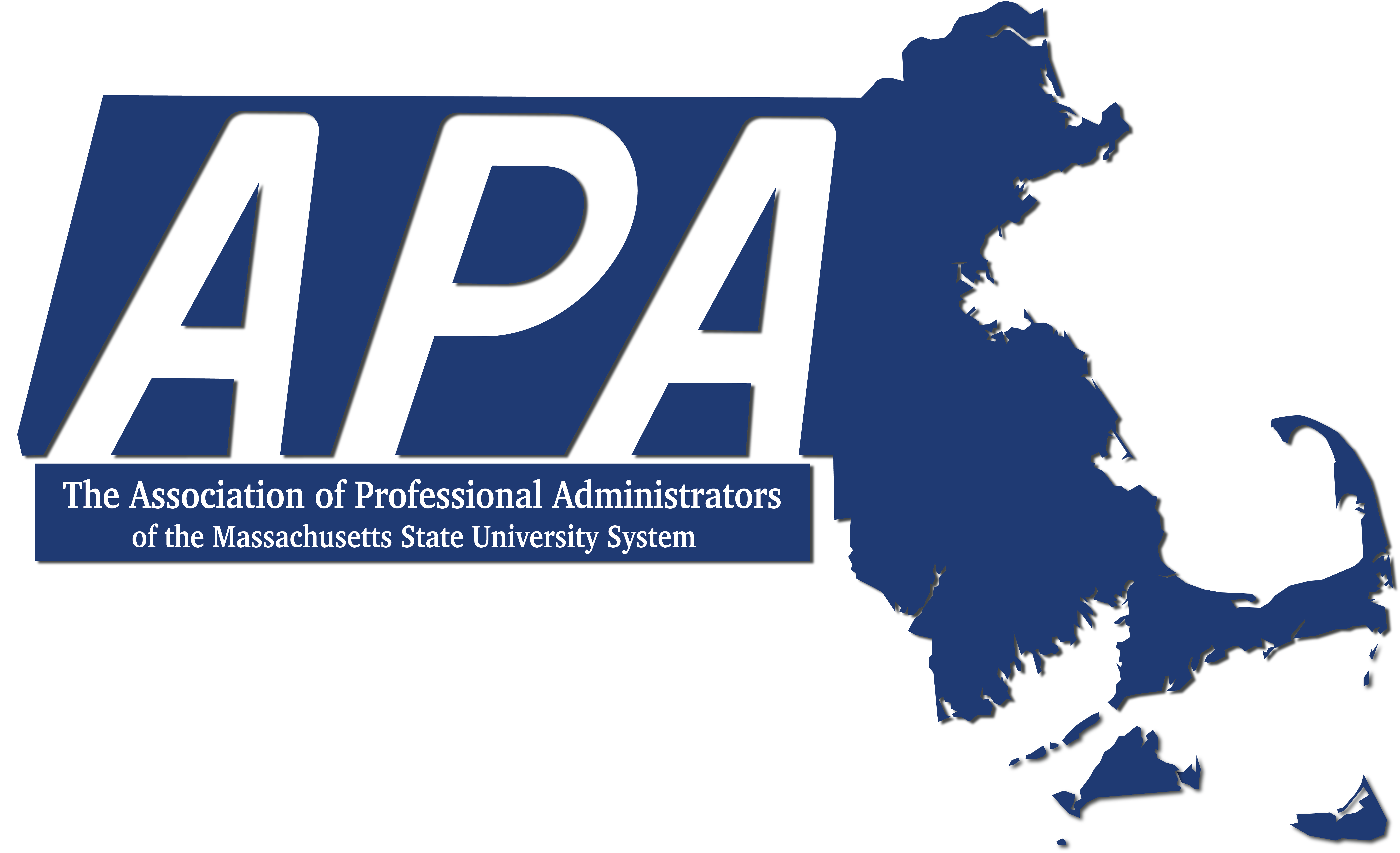November 4, 2024
Hello APA Members,
The APA Negotiating Team and our Silent Representatives met with the Board of Higher Education and Council of Presidents representatives this last Thursday, October 24, 2024 over Zoom. We discussed several proposals that we had put forth in our first few sessions, and while we have made some progress on coming to agreement on some proposals, we have frustratingly not gotten any response on several proposals that the APA has put forward.
The BHE team rejected our proposal 1, requesting increased contributions from the state per APA Full-Time Equivalent (FTE). All unions have requested this, and while BHE recognized that the contributions have not kept pace with the costs associated with acquiring the insurance coverage that is needed, they claimed they did not have the authority to change the state’s financial contributions on this. We reminded them that when we have discussed this in the past, we have been told to bring this up during negotiations. We have been working with our Health and Welfare Trust union representatives to improve these benefits and merge our trust with another. There has been movement within the statehouse to change this funding for all state employees, a fact that was confirmed by management.
The BHE team responded to APA’s proposal 4, to increase the meal allowances that have not been updated since 2009 and are no longer keeping pace with inflation. Their counter proposal was simply to make the $42 total discretionary across the entire day and not a set amount for breakfast, lunch, and dinner. This, along with their believe that this constitutes income, and not a reimbursement, did not sit well with our team. We were told that they would entertain a number between the current $42 and the federal General Service Administration (GSA) numbers, currently around $69-89 for localities in Massachusetts, to which we proposed tying our reimbursements. We are working on a graduated proposal to move our reimbursements toward a realistic number that considers the actual costs our members bear when traveling for our universities. We are considering some action such as informational pickets and other campus actions if
this does not get responded to in a favorable way.
The BHE team also responded with a flat ‘NO’ to our proposal 5, to change vacation forfeiture to a sick time conversion. They claimed it was a state-wide mandate that they had no control over and would not be accepted by the state. We asked them to reconsider our other part of that proposal, that the forfeiture only happen once a year instead of twice. They agreed and we were able to tentatively agree that this would happen at the end of January, to allow members to use their vacation time during the December holidays and January break. We are hopeful that this new timing will help more of our members lose less of the time they have earned and have time to use it when they most need it.
BHE rejected APA’s proposal 8 to implement a step system as it was too expensive and they did not have the funding in the governor’s parameters. They reminded us that the parameters that we are receiving are more generous than those being offered to members of unions with steps, and while that is better than nothing, the APA is looking at other ways to address salary compression and inequities.
The APA team rejected outright the proposals from BHE to reduce the retrenchment (layoff) notice period. Their reasoning that our benefit of an “excessive” amount of leave was more generous than other industries was countered by our team that it is the benefits that attract and retain employees when our salaries are below those in other industries. Similarly, APA rejected BHE’s proposal to included voluntary transfers with the provisional status that accompanies promotions. APA believes that this gives management too much power to change our jobs, even with our permission, and put us back into provisional status. There was no benefit to our members, so we rejected this
outright.
Our proposal 16 was rejected by BHE, on the grounds that it confused the lines
between salaried and non-salaried staff. The proposal would have treated extra shift coverage by APA police officers due to staffing shortages as “details”, which are paid at an overtime rate, rather than considering them part of our officers’ base pay. We plan to address this on each campus where this is a concern as individual campus chapters have successfully addressed this where it is a problem. Arguably, this is not a state-wide issue, and affects only a few members, so we feel directed negotiations will solve the issue where it exists.
APA is still waiting for a response on several of our proposals and have made this known to the BHE team. We remind them at every meeting of the proposals to which we have not heard any response.
If you have any questions about any proposals, please check out our website,
www.maapa.org, and reach out to me or your chapter president. I remain hopeful that we will be able to make language changes that will have meaningful impact on our Collective Bargaining Agreement along with salary increases that are larger than others we have gotten in the last 10 years.
In solidarity,
Seth Bean, APA State-wide President
Susan McNeil, APA State-wide Vice President and Negotiations Chair
